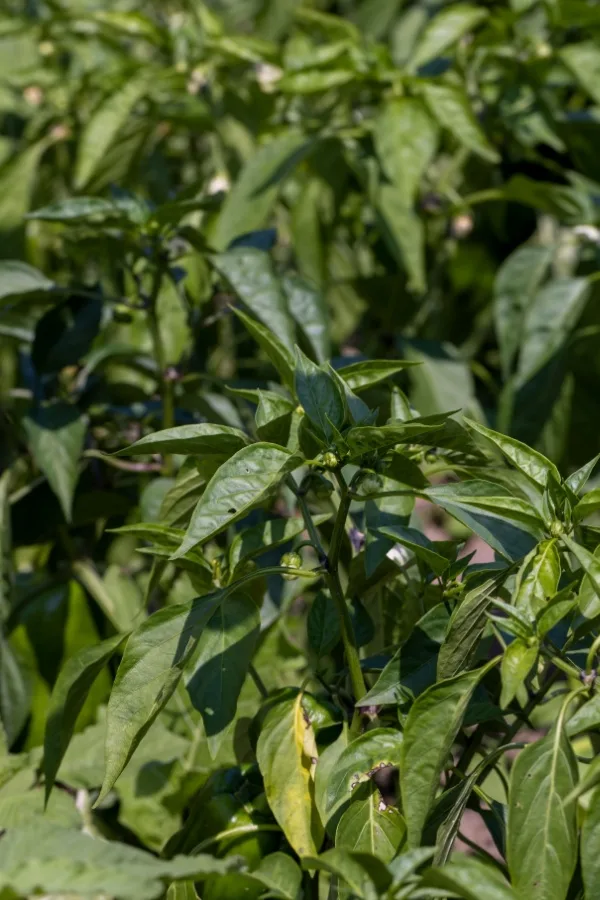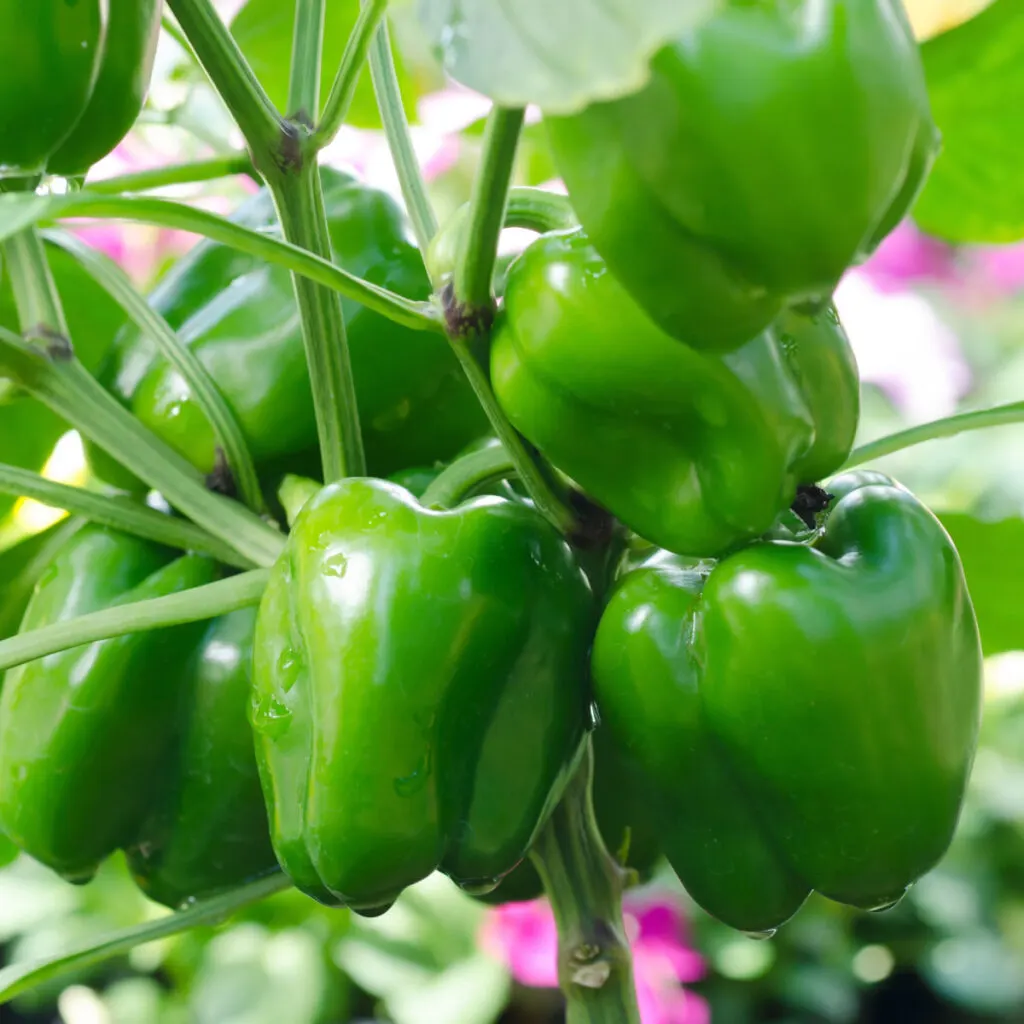Best Fertilizers for Peppers: A Comprehensive Overview to Increase Your Harvest
Organic Vs. Synthetic Fertilizers: Which Is Best for Nurturing Healthy Pepper Plants?
In the realm of supporting healthy and balanced pepper plants, the option between synthetic and organic plant foods stands as a pivotal choice with far-ranging effects. While both choices objective to provide essential nutrients to sustain plant development, the nuances of their impact on the dirt, plant wellness, and the atmosphere trigger an argument that echoes throughout the horticulture area. Comprehending the unique advantages and possible mistakes of each fertilizer kind is critical for pepper cultivators seeking to maximize their returns while maintaining an eco-conscious and lasting technique.
Benefits of Organic Plant Foods
Organic plant foods offer a lasting and environmentally-friendly approach to beneficial pepper plants, supplying necessary nutrients without the use of artificial chemicals. These natural fertilizers are originated from natural resources such as compost, manure, bone dish, and seaweed, advertising soil wellness and biodiversity. Unlike synthetic plant foods, natural options release nutrients gradually, making certain a balanced and constant supply for pepper plants to flourish.
One substantial benefit of natural plant foods is their capability to boost soil structure and water retention. By boosting soil health and wellness, natural fertilizers advertise beneficial microbial activity, which helps in nutrient uptake by pepper plants. Additionally, natural plant foods decrease the threat of chemical run-off, safeguarding water resources from pollution and guarding the atmosphere.
Furthermore, organic fertilizers add to lasting soil fertility by promoting the development of beneficial soil microorganisms. These microorganisms help break down raw material, launching nutrients in a kind that is easily obtainable to pepper plants. best fertilizers for peppers. By fostering a healthy soil ecological community, organic fertilizers sustain lasting pepper cultivation practices that benefit both plants and the atmosphere
Downsides of Synthetic Fertilizers
Synthetic fertilizers, as opposed to their natural counterparts, position numerous disadvantages when used to nourish pepper plants, influencing both plant health and environmental sustainability. One major downside of artificial plant foods is their propensity to seep nutrients from the soil rapidly. This fast leaching can cause nutrient imbalances in the soil, triggering plants to deal with toxicities or shortages. Furthermore, artificial plant foods can hurt beneficial dirt microorganisms, such as earthworms and helpful microorganisms, interfering with the soil environment's balance.
Additionally, the overuse of synthetic fertilizers can add to water contamination. Excess fertilizers not soaked up by plants can get rid of into water bodies, bring article source about eutrophication, where algae flowers deplete oxygen degrees in the water, damaging marine life. Artificial fertilizers are generally acquired from non-renewable sources, such as fossil gas, adding to carbon discharges and ecological degradation throughout their manufacturing.
Nutrient Absorption Contrast
When contrasting synthetic and organic fertilizers in terms of nutrient absorption, organic fertilizers have the advantage of supplying an extra balanced and slow-release source of nutrients. Organic fertilizers include a range of macro and trace elements that are not just useful for the plants yet also promote healthy soil microbial activity, which helps in nutrient uptake.
Moreover, natural plant foods enhance soil structure and water retention capability, permitting pepper plants to access nutrients more efficiently. This improved soil high quality assists in root advancement, making it possible for far better nutrient absorption. Artificial plant foods, although at first improving plant growth because of their high nutrient concentrations, may hinder lasting nutrient absorption by degrading dirt wellness with time.
Ecological Effect Considerations

On the various other hand, artificial fertilizers, although often even more focused and promptly available to plants, can have detrimental results try this web-site on the atmosphere otherwise applied effectively (best fertilizers for peppers). Their manufacturing requires high power inputs, bring about greenhouse gas discharges and contributing to environment change. The runoff of excess artificial plant foods can contaminate water resources, leading to eutrophication and damaging aquatic ecological communities.
Finest Plant Food Practices for Peppers
To attain this, it is essential to follow best fertilizer methods tailored to the particular needs of pepper plants. One critical technique is to carry out a soil test before applying any kind of plant foods.
An additional crucial method is to fertilize pepper plants at the appropriate time. Generally, peppers gain from getting fertilizer at growing and after that once again when they start to flower. Over-fertilizing can bring about nutrient inequalities and damage the plants, so it is vital to follow advised application rates.
Additionally, picking a balanced plant food with an NPK ratio that matches pepper plants' demands is fundamental. Eventually, combining natural and synthetic fertilizers deliberately can assist support healthy pepper plants while lessening environmental effect.
Conclusion

Organic plant foods provide a lasting and environmentally-friendly method to nourishing pepper plants, giving vital nutrients without the usage of synthetic chemicals. Unlike synthetic plant foods, natural alternatives release nutrients gradually, ensuring a well balanced and steady supply for pepper plants to thrive.
Synthetic see post fertilizers, in contrast to their organic counterparts, posture various downsides when used to nurture pepper plants, affecting both plant wellness and ecological sustainability. When comparing synthetic and organic plant foods in terms of nutrient absorption, natural plant foods have the advantage of giving a more well balanced and slow-release resource of nutrients.Moreover, organic plant foods enhance dirt framework and water retention ability, allowing pepper plants to accessibility nutrients extra successfully.